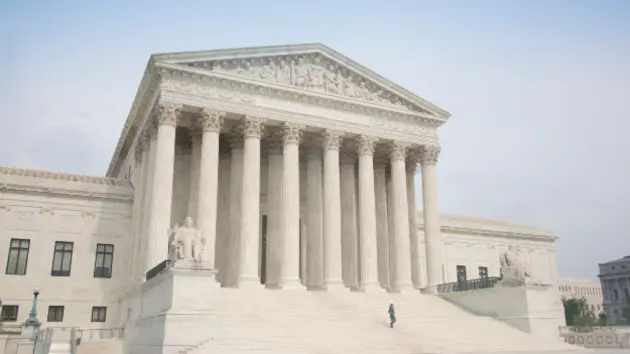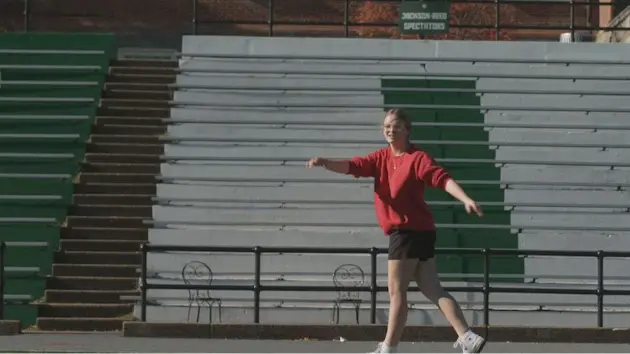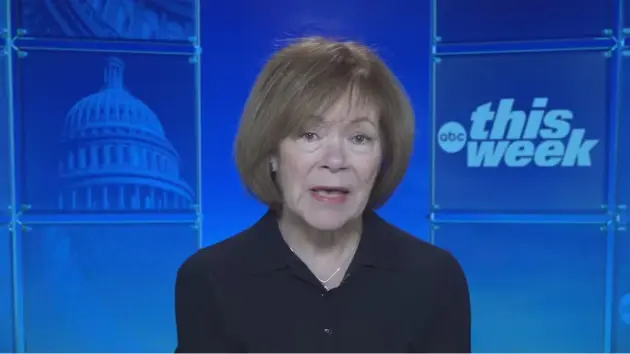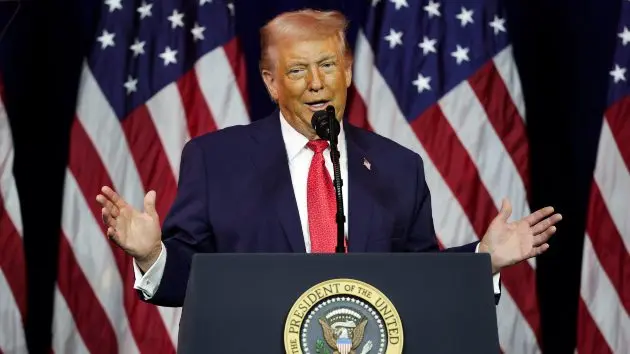
(NEW YORK) — Following an unprecedented surge in election-related litigation, the Supreme Court on Wednesday will consider reviving a lawsuit challenging an Illinois law that allows officials to count mail-in ballots received within two weeks of election day.
The Supreme Court will hear arguments about the broader question of who has the right to file a federal lawsuit challenging election law, the outcome of which could not only revive the mail-in ballot case but also open the door to a wave of new legal challenges to election laws.
Republican Rep. Michael Bost and two presidential electors filed a lawsuit in 2022 to challenge the Illinois law, arguing that counting mail-in ballots beyond Election Day constitutes an illegal extension of voting beyond the timeframe set in federal law.
Two lower courts threw out the lawsuit after concluding that the congressman lacked standing — or the legal right to bring a lawsuit — because the plaintiffs could not prove the policy harmed them. The Supreme Court agreed to hear the case in June, adding to one of the high court’s most consequential terms in recent history.
President Donald Trump and his allies have long criticized the practice of mail-in voting, using it as ammunition to cast doubt on the outcome of the 2020 election. In August, Trump vowed to “lead a movement to get rid of” mail-in voting, though his campaign had encouraged voters to use mail ballots.
“It’s time that the Republicans get tough and stop it, because the Democrats want it. It’s the only way they can get elected,” Trump said then.
When a federal district judge threw out Bost’s lawsuit in 2022, the decision stemmed from the question of whether the congressman and the electors had the grounds to sue, not the merits of his legal argument about mail-in ballots. The court ruled that Bost’s claims about being harmed by the policy — including having to use campaign resources during the post-election ballot counting period — were a “generalized grievance” that did not provide him standing to sue.
To bring a lawsuit in federal court, a plaintiff generally needs to establish that a particular action injures them, that the action stemmed from the person he or she is suing, and that the court’s solution would resolve the harm.
Together with electors Laura Pollatrini and Susan Sweeney, Bost argues that the mail-in ballot policy not only harms his election prospects but also causes a “pocketbook injury,” because candidates need to continue staffing their campaigns through the ballot-counting period.
“When it comes to elections, candidates running for office plainly have the most at stake. They put their lives on hold and spend countless hours and millions of dollars organizing and running campaigns,” their lawyers wrote. “When the dust settles, the candidates either win or lose, with months of effort and untold expenditures either vindicated or forever lost.”
The Illinois State Board of Elections has pushed back by arguing that the potential impact on Bost’s “electoral prospects” is too speculative and that political candidates are under no requirement to continue staffing their campaigns after the election, effectively making the injury that Bost claims he suffers voluntary.
Illinois has also argued that allowing Bost to bring the lawsuit would open the floodgates of frivolous lawsuits “to challenge any election rule on the books for purely ideological reasons” and cause local governments to spend more time fighting lawsuits and less time administering elections.
The Trump administration has supported part of Bost’s argument about having the right to sue over the ballot policy, though Solicitor General D. John Sauer pushed back on the claim that candidates have broad claims to bring election-related lawsuits.
“This Court can …. establish a clear rule for standing to litigate disputes over election laws: candidates have standing to seek prospective relief challenging a rule governing the validity of ballots so long as there is a risk that the ballots at issue could affect the outcome of their election,” Sauer wrote in an amicus brief.
Copyright © 2025, ABC Audio. All rights reserved.



